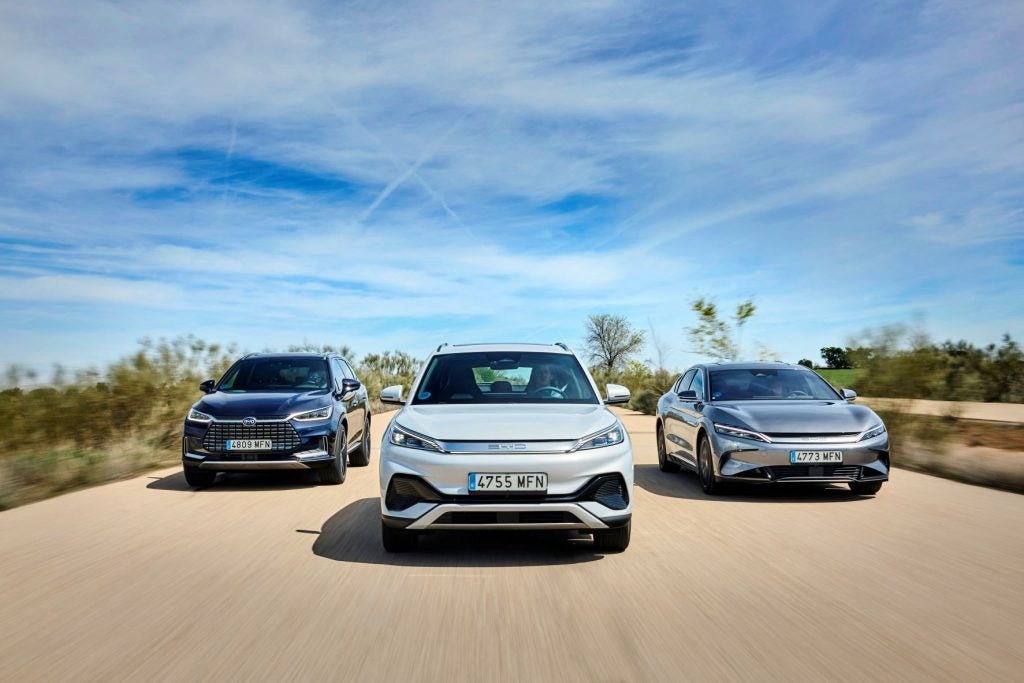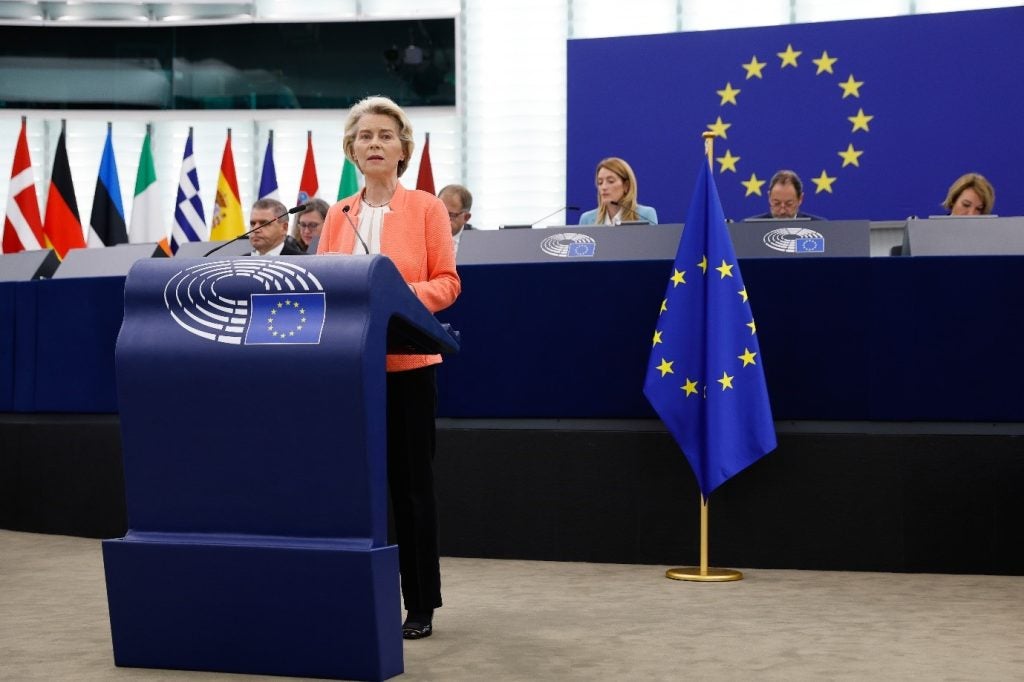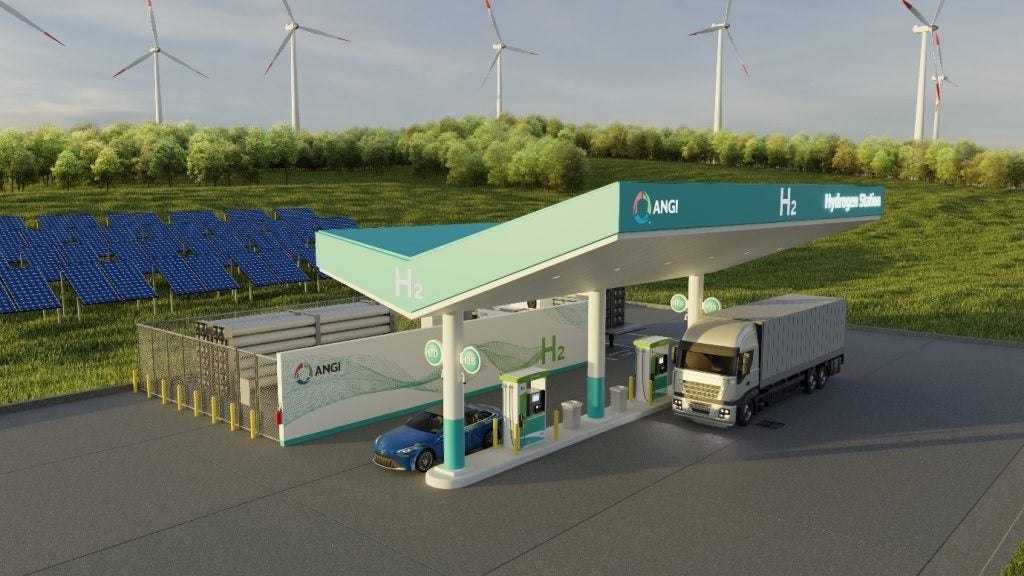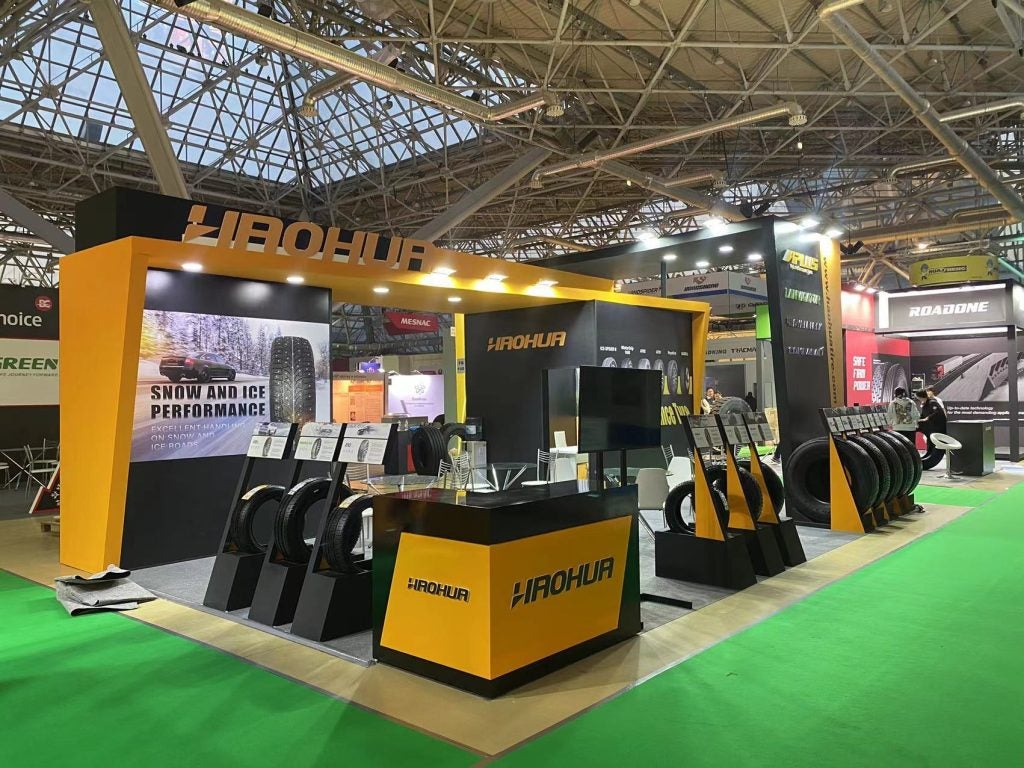
We have published a number of analytical articles looking at the emerging industrial dynamics of the southeast Asian region (often referred to by the catchy trade bloc name, ASEAN) lately. The Chinese OEMs clearly see an opportunity there as BEV share rises.
BEVs in the ASEAN region: The rise of Chinese OEMs
Indonesia’s new policy to attract BEV investment – a bumpy road ahead?
Other OEMs, such as Mitsubishi, will have to consider how they react, strategically.
Mitsubishi faces up to growing competition in southeast Asia
As the auto industry faces transformative technological change ahead, there is still no escape from industrial relations issues. In North America, contract negotiations between the UAW/Unifor and Detroit Big Three are proving fractious, with the two sides still appearing to be some way apart. The clock is ticking to September 14th.
Ford makes offer as UAW talks tough on GM and Stellantis
Unifor eyes Ford as negotiation target
Workers vote ‘overwhelmingly’ for Detroit Three strikes mandate
It’s not all discord though: Agreement for wage boost for GM Ultium workers
Hyundai is also facing potentially significant industrial relations turmoil in Korea. Once again, there’s more to it than simply workers wanting higher wages: Strikes loom for Hyundai in South Korea
Artificial Intelligence (AI), or talk of its future (or indeed, current) applications seems to be everywhere lately. In automotive, there were some interesting examples – all very different – of its use this week.
Tech Mahindra sees ways to use AI on data sets to speed up development times for various automotive systems: Tech Mahindra inks deal focused on AI adoption. Meanwhile, we learnt that GM’s OnStar is already powered by Google Cloud’s conversational AI technologies. Proving that the whole value chain can be involved in AI tech, Toyoda Gosei is using AI to improve the efficiency of logistics operations: Toyoda Gosei launches AI-based truck loading logistics.
When it comes to supply chains, risk mitigation strategies can get you so far. Volkswagen Group has decided some changes are necessary in parts procurement and will source strategically important semiconductor chips directly from major chip suppliers: Volkswagen reorganises semiconductor procurement.
There will, however, always be unforeseen events that inevitably disrupt activity. This week, for example, Kia had a fire at a plant in Korea: Kia halts production at domestic plant due to fire. Toyota saw all output in Japan halted for around 24 hours earlier this week after what looks like a system glitch. Snafus happen to the best of us and they always will.
System failure halts Toyota production in Japan
System update caused Toyota’s 14-plant shutdown
M&A activity continues apace, some of it a little outside the usual space. Chinese electric vehicle (EV) manufacturer Guangzhou Xiaopeng Motors Technology Company Ltd (XPeng) has agreed to acquire the smart EV technology development business of local ride hailing company Didi Chuxing Technology Company (Didi).
Signal: Xpeng to acquire Didi’s self-driving unit
Talking of smart mobility and driverless cars, we had an indication of Chinese Internet giant Baidu’s progress this week. Like Google and Apple (though it’s not quite the same), Baidu can’t really resist the lure of vehicles and future mobility as part of the grab to be deeply embedded in our daily lifestyles.
Baidu first in China to offer driverless airport rides
The pollution of the world’s oceans with plastics and the particularly troublesome micro particles is cause for considerable concern. Anything that reduces or prevents that pollution – however small the action – is to be applauded. So it’s hats off to Kia for its involvement in a project that has reclaimed plastics from the Pacific which are then being recycled for parts in the EV9.
Kia to recycle plastic from Pacific for future EV models
Motor Shows are, sadly to those of us with long memories, a little out of fashion these days. They still attract exhibitors and large crowds in China, but the big shows and fixtures from the past are having to reinvent themselves to have any chance of survival. The pandemic certainly didn’t help.
The Geneva Show organisers have a tie-up with Qatar that, while undoubtedly eyebrow raising when the Geneva Show itself has been absent, may also have just kept the possibility of a future Geneva Motor Show alive. Fingers crossed for a GIMS next year.
Have a nice weekend.
Dave Leggett, Editor, Just Auto






